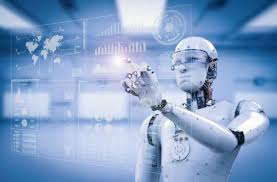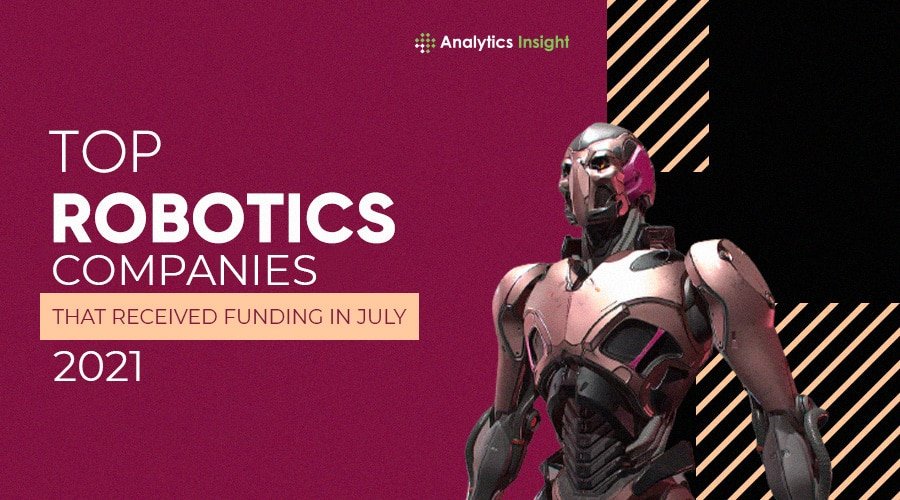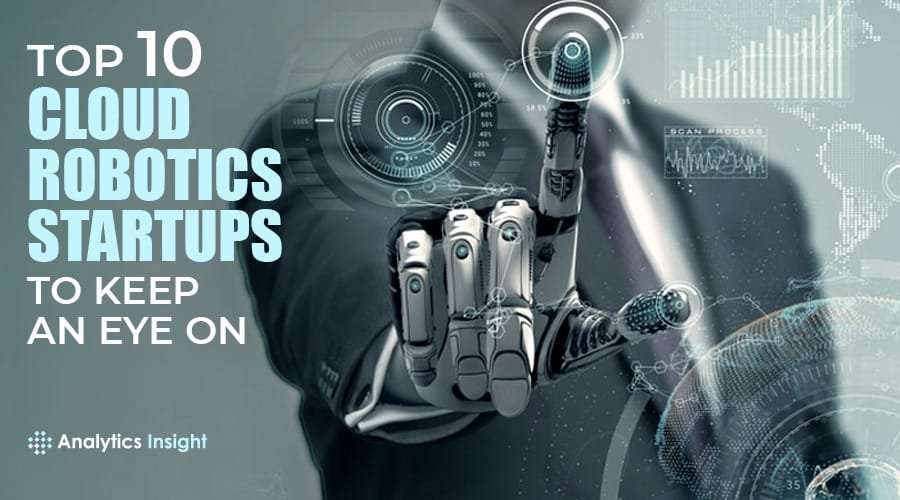Source: techhq.com
The disruption caused by the coronavirus has highlighted, time and again, how our pre-pandemic obsession with ‘going automated’ across industries held water. But away from production lines and other blue-collar applications, the University of Liverpool (UoL), UK has shown how robots can carry huge benefits by working non-stop within the bounds of academia too.
Branded an “intelligent machine with social distancing skills,” the £100,000 (US$126,000) robotic researcher – essentially a remotely-operated ‘robo-chemist’ – is equipped with a level of artificial intelligence (AI) that goes beyond typical robotic machinery, allowing it to utilize previous results and, ultimately, ‘decide what to do next’.
The robotic arm has been lifting test tubes and siphoning serums day and night in the hunt for solar cell reaction catalysts, but researchers believe the robot – or at least the technology underpinning it – could also be repurposed for the fight against Covid-19 in vaccine development.
TechHQ previously highlighted the power of AI in making scientific in-roads faster, cheaper and more-effective, by rapidly crunching through vast banks of data that would take human researchers months, if not years. This sentiment is echoed by the robot’s developer Benjamin Burger: “[The robot] frees my time to focus on innovation and new solutions, rather than doing the same action.”
And that neatly sums up the core concept of Robotic Process Automation (RPA); software-based scripts that are being employed across multiple applications in businesses to expedite repetitive tasks and minimize human-error. But when it comes to physical robots, we’re more used to seeing them on production lines, or in places such as mines, quarries, or offshore wind farms where it can simply be too dangerous for humans to venture.
A new report by the Royal Society of Chemistry, however, emphasizes the importance of “urgently embracing” robotics, AI and advanced computing as part of a post-Covid national research strategy. Like the every other place of work, scientists have been rendered ‘remote’ by enforced lockdowns and safety concerns, but robo-scientists can continue to carry out ground-breaking research in situ.
This isn’t a replacement strategy. Instead, robotics systems like that of UoL’s could do the heavy-lifting in laboratories – with oversight from a potentially global team – while researchers can shift their focus to other parts of the project or more valuable tasks.
Speaking to the BBC, Deirdre Black, head of research and innovation at the Royal Society of Chemistry, said by leveraging robotics and automation, scientists can “explore bigger and more complex problems, like decarbonization, preventing and treating disease, and making our air cleaner.”
With every industry grappling with the implications of the pandemic for months, if not years to come, we can expect robotics and automation technologies to see further rapid adoption not just in heavy industries, but in the worlds of science and academia too which will be equally as important to recovery.
We have already seen examples of this shift with Pepper (Softbank Robotics’ programmable humanoid) lending a personable touch to Covid-19 patients in intensive care.


